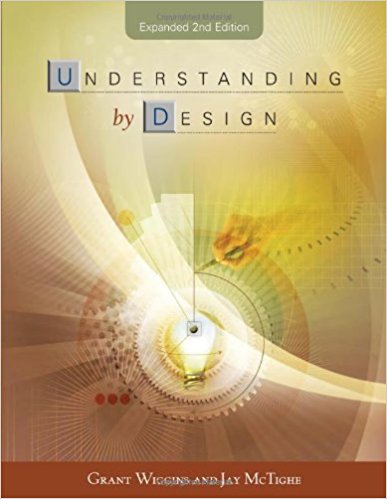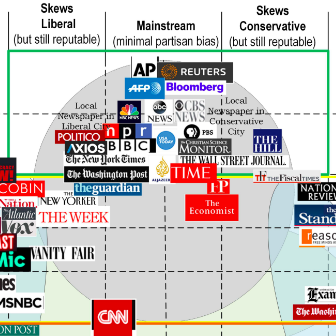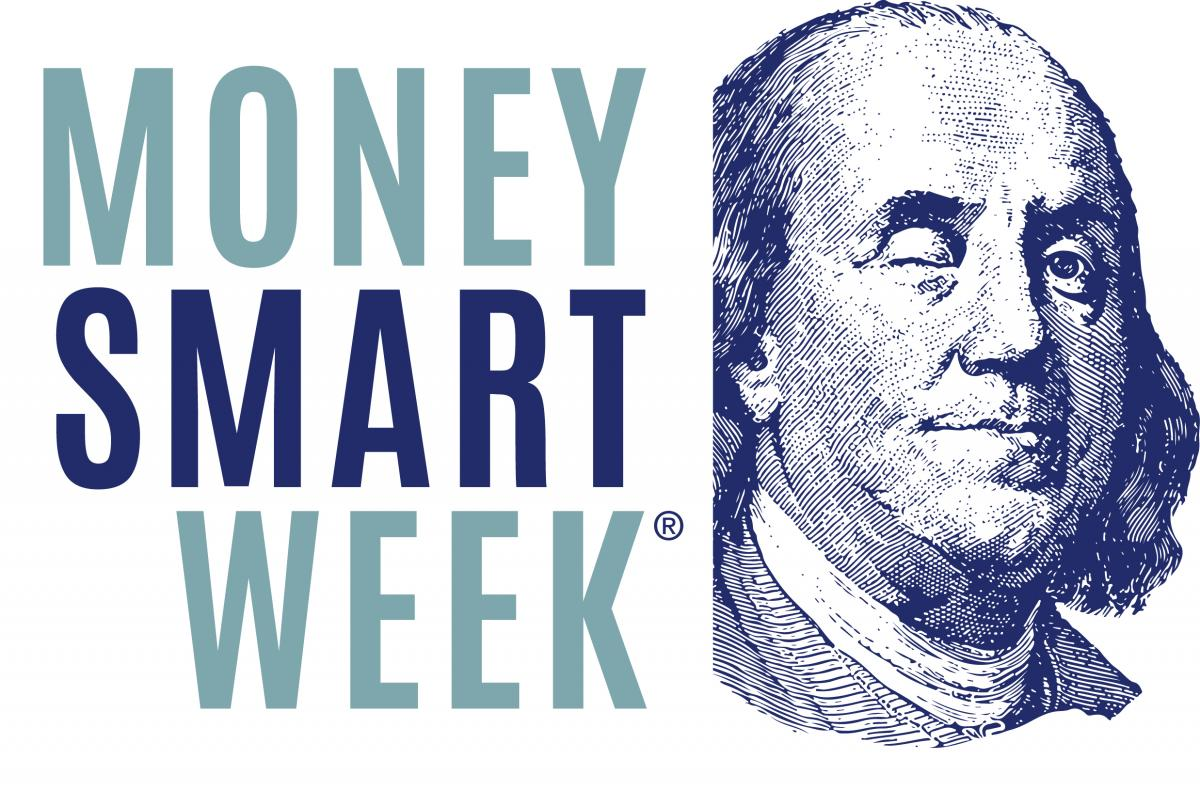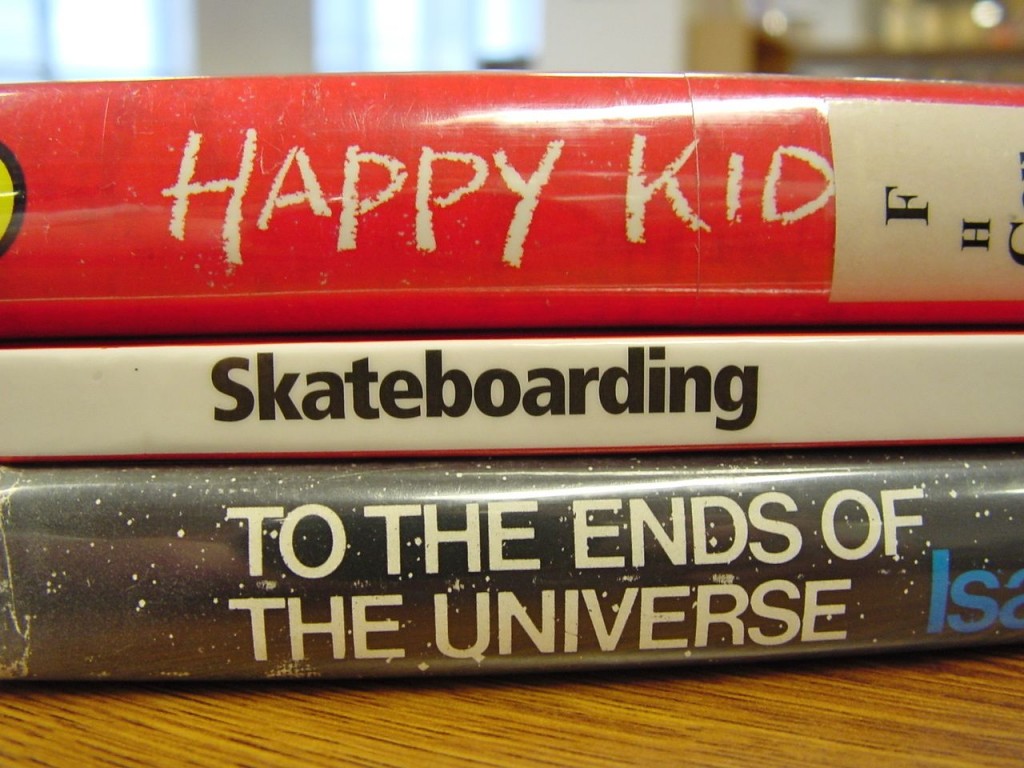Looking to up your library's social media game? One of the best ways to engage followers to is to provide a consistent stream of fun/useful content. Understanding that libraries don't always have the time to generate all of the content they'd like, we're here to help!
InfoLit Learning Community: Using Backwards Design for Authentic Assessment
Join the InfoLit Learning Community now. Already a member? Log in here.
In recent years, assessment of student learning has become more and more sophisticated as well as increasingly determinant of decisions regarding funding and faculty promotion. Administrators and other educational stakeholders—parents, for example, who want to see their hard-earned tuition payments balanced against measurable gains in their child’s knowledge and employability—advocate for more and better metrics regarding student learning. It can all seem so mercenary that it’s worth a look back at a seminal work—Grant Wiggins and Jay McTighe’s Understanding by Design (Association for Supervision and Curriculum Development, 2005)—that advocates for assessment in order to see why we’re crunching all these numbers.
FYE Spotlight: Pasadena City College - The Shatford Library
By Danielle Rapue and Raymond Pun
FYE Correspondent Raymond Pun recently interviewed Danielle Rapue from Pasadena City College to talk about her experiences in teaching research skills and information literacy to students online. Danielle shares some of her experiences and thoughts about teaching these classes, and how important and helpful they can be for academic librarians today.
InfoLit Learning Community: Join Us for "Information Literacy in a New Media Landscape" with Vanessa Otero
Join the InfoLit Learning Community now. Already a member? Log in here.
On April 26, Credo will offer a free webinar in which Vanessa Otero will discuss her viral Media Bias Chart. The chart is a tool that ranks news sources on two axes: from “Contains Inaccurate/Fabricated Info” to “Original Fact Reporting” and from “Most Extreme Liberal” to “Most Extreme Conservative.”
By Hiromi Kubo and Raymond Pun
April 21-28 is Money Smart Week (MSW)! Co-sponsored and promoted by ALA and the Federal Reserve Bank of Chicago, this national campaign aims to help consumers manage their personal finances and develop financial literacy skills. Many libraries participate in this effort by promoting financial trainings and resources to students and the general public. It is also an opportunity to focus conversations and training on this important matter and how it relates to managing student debt and loans. Below are some ideas to consider as you prepare for MSW in your library!
InfoLit Learning Community: Activities to Engage First Year Students
Join the InfoLit Learning Community now. Already a member? Log in here.
If fall seems like it’s already looming, it might be time to start thinking about your information literacy curriculum for the new students you’ll meet in September. Happily, when it comes to resources, the Credo InfoLit Learning Community has you covered (Not yet a member? Don’t worry, join now!).
HIP In Action: Internship and Career Development in Academic Libraries
By Jody Burum and Raymond Pun
FYE Correspondent Raymond Pun talks with Jody Burum, Career Counselor at Fresno State, who discusses the importance of Career Development/Internship experiences in the academic curriculum. Career development/Internships are considered a high impact practice (HIP), an active learning approach that can increase student engagement and retention. In this post, they explore how their collaboration supports students' career success.
Since 1996, April has been designated National Poetry Month, a time to celebrate poetry through greater awareness and public engagement. Your library's participation in this annual observance can serve as a fun way to engage students and cultivate the type of interactive relationships essential for first year success initiatives and more. Here are a few activities to consider:
InfoLit Learning Community: Tips for Helping Students Spot Fake News
Join the InfoLit Learning Community now. Already a member? Log in here.
In a recent interview with Credo, Vanessa Otero, creator of the Media Bias Chart, explained that while overly biased news sources are not new, they have become more common of late. As the presence of fake and biased media has increased, professors and librarians have responded accordingly. Proactively teaching students how to detect fake news, spot bias, and avoid including unreliable sources in their research are essential components of information literacy instruction. With a growing pool of techniques to draw from, we can better equip our communities with the skills they need to discern the credibility of a source.
Looking to up your library's social media game? One of the best ways to engage followers to is to provide a consistent stream of fun/useful content. Understanding that libraries don't always have the time to generate all of the content they'd like, we're here to help!







.jpg)


